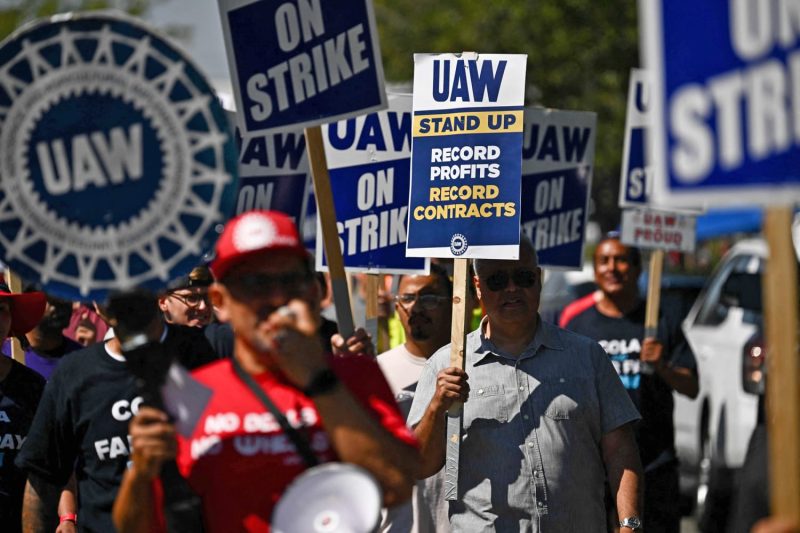UAW, U.S. Dealers Increase Criticism of Stellantis CEO Over Cuts, Sales Declines
The recent backlash against Stellantis CEO, Carlos Tavares, from both UAW and U.S. dealers has shed light on the growing tension in the automotive industry. The company, formed through a merger between Fiat Chrysler and PSA Group, has faced criticism over its cost-cutting measures and the perceived decline in sales.
At the heart of the issue is the restructuring plan introduced by Tavares, which aims to generate savings of over $6 billion by 2024. While cost-cutting is a common strategy in the business world, the extent of the measures implemented by Stellantis has raised concerns among UAW and dealers alike.
One of the main points of contention is the closure of plants and layoffs that have resulted from the restructuring efforts. UAW, the union representing autoworkers, has been vocal in its opposition to these actions, citing the impact on its members and the communities where the plants are located. The loss of jobs and the uncertainty about the future of these facilities have put Tavares under scrutiny.
In addition to the workforce-related issues, U.S. dealers have raised concerns about the decline in sales under Tavares’ leadership. Despite the challenging market conditions brought about by the pandemic, dealers feel that the company’s product lineup and marketing strategies have not been effective in driving sales growth. This has led to a strained relationship between Stellantis and its dealer network.
Tavares, on his part, has defended the restructuring plan as necessary for the long-term success of the company. He has emphasized the need to adapt to changing market dynamics and ensure Stellantis remains competitive in the global automotive industry. However, the criticism from UAW and U.S. dealers reflects a growing dissatisfaction with the CEO’s approach to navigating these challenges.
Moving forward, it will be crucial for Stellantis to address the concerns raised by both UAW and U.S. dealers to rebuild trust and foster a more collaborative relationship. Finding a balance between cost-cutting measures and maintaining a strong workforce, as well as implementing effective sales strategies, will be key to overcoming the current challenges facing the company.
In conclusion, the criticism faced by Stellantis CEO Carlos Tavares underscores the complexities of managing a global automotive company in a rapidly changing industry landscape. Balancing the interests of stakeholders, including employees, unions, dealers, and investors, will be essential for Stellantis to achieve sustainable growth and success in the future.
